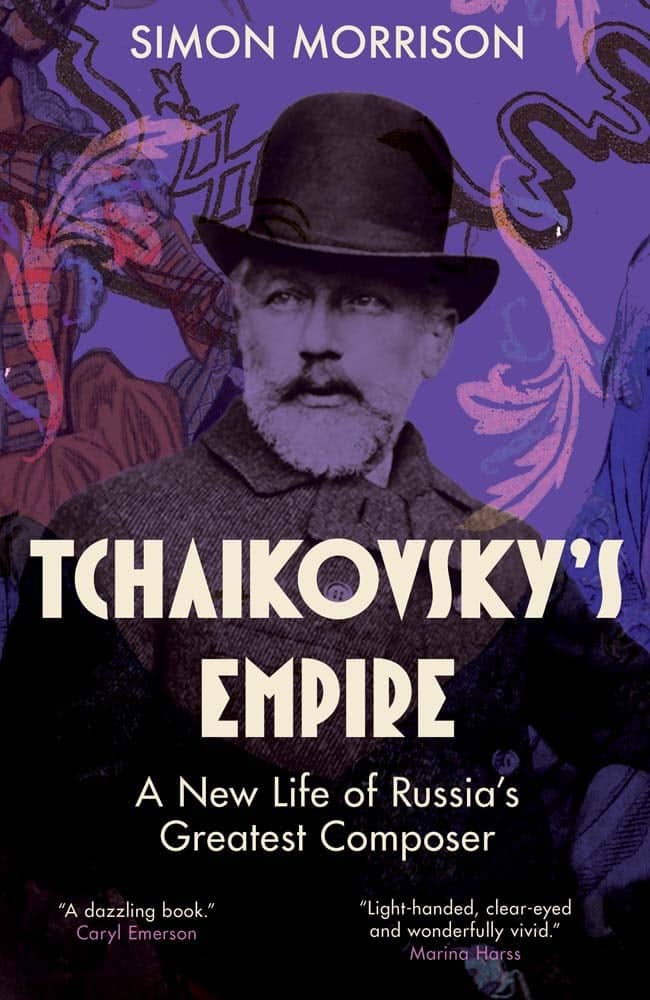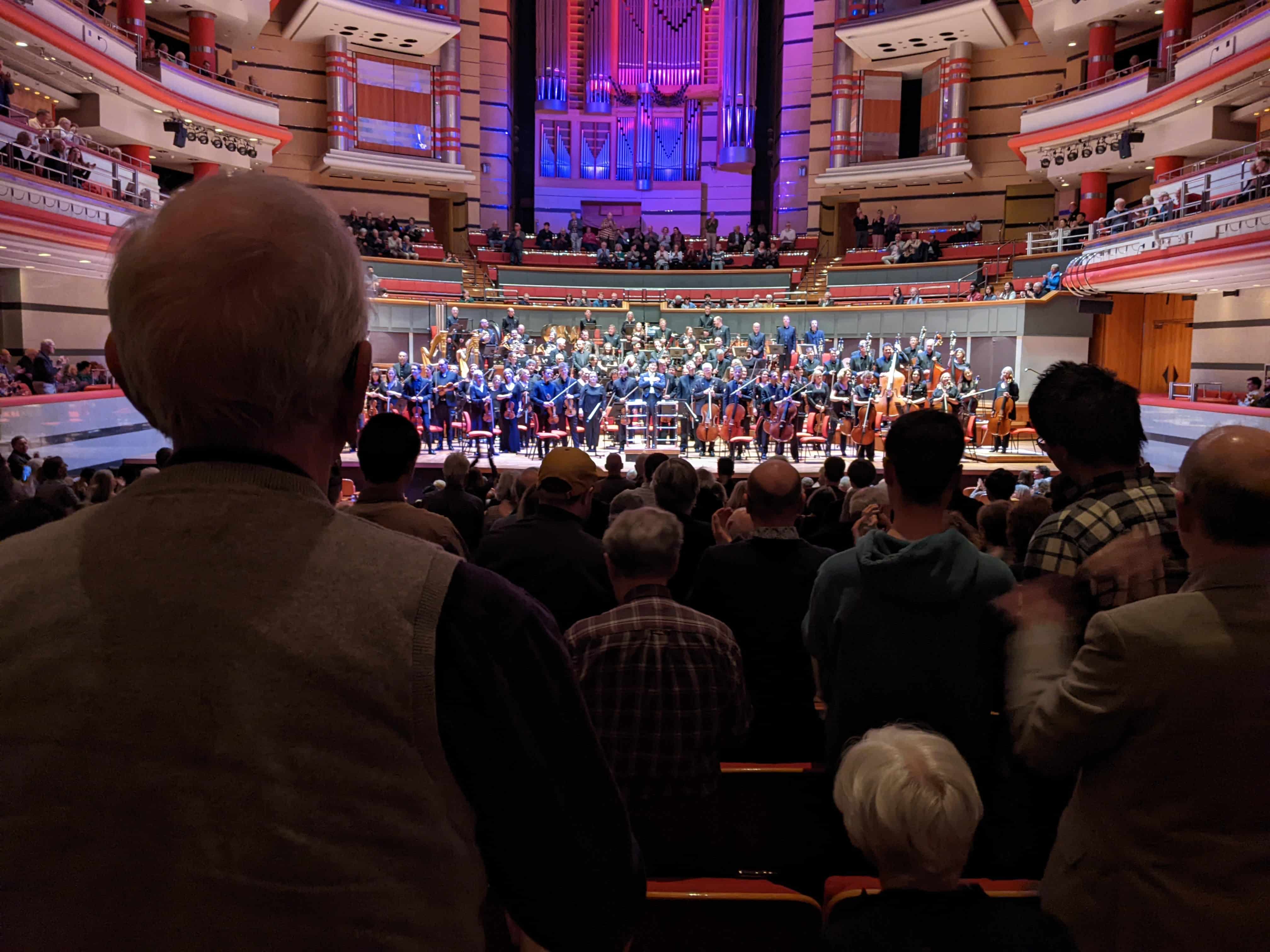Tchaikovsky gets Browned off
Daily Comfort ZoneThe standard work on the Russian composer for the past four decades has been the four-volume study by David Brown, an English musicologist at the University of Southampton. Brown was a proponent of the narrative that Tchaikovsky died not, as officially decreed, of cholera, but by poison or suicide to suppress a homosexual scandal.
A new book by Simon Morrison, ‘Tchaikovsky’s Empire’, subtitled ‘A new life of Russian’s Greatest Composer’, dismisses Brown’s theory. He ‘presumably contracted (cholera) at one of the restaurants he frequented with family and friends’. Morrison treats Brown with disdain, pummeling him in footnotes, barely mentioning him in the text. He seems determined to reconstruct the gloomy-looking Tchaikovsky as a gregarious, fun-loving man about time.
Fashions come and go in musicology. Morrison, a professor at Princeton, writes with unassuming authority. He’s highly credible. The only problem is that weasel-word ‘presumably‘. We do not yet know for certain what killed Pyotr Ilyich Tchaikovsky. Some day soon, there will be another tall story.






Comments